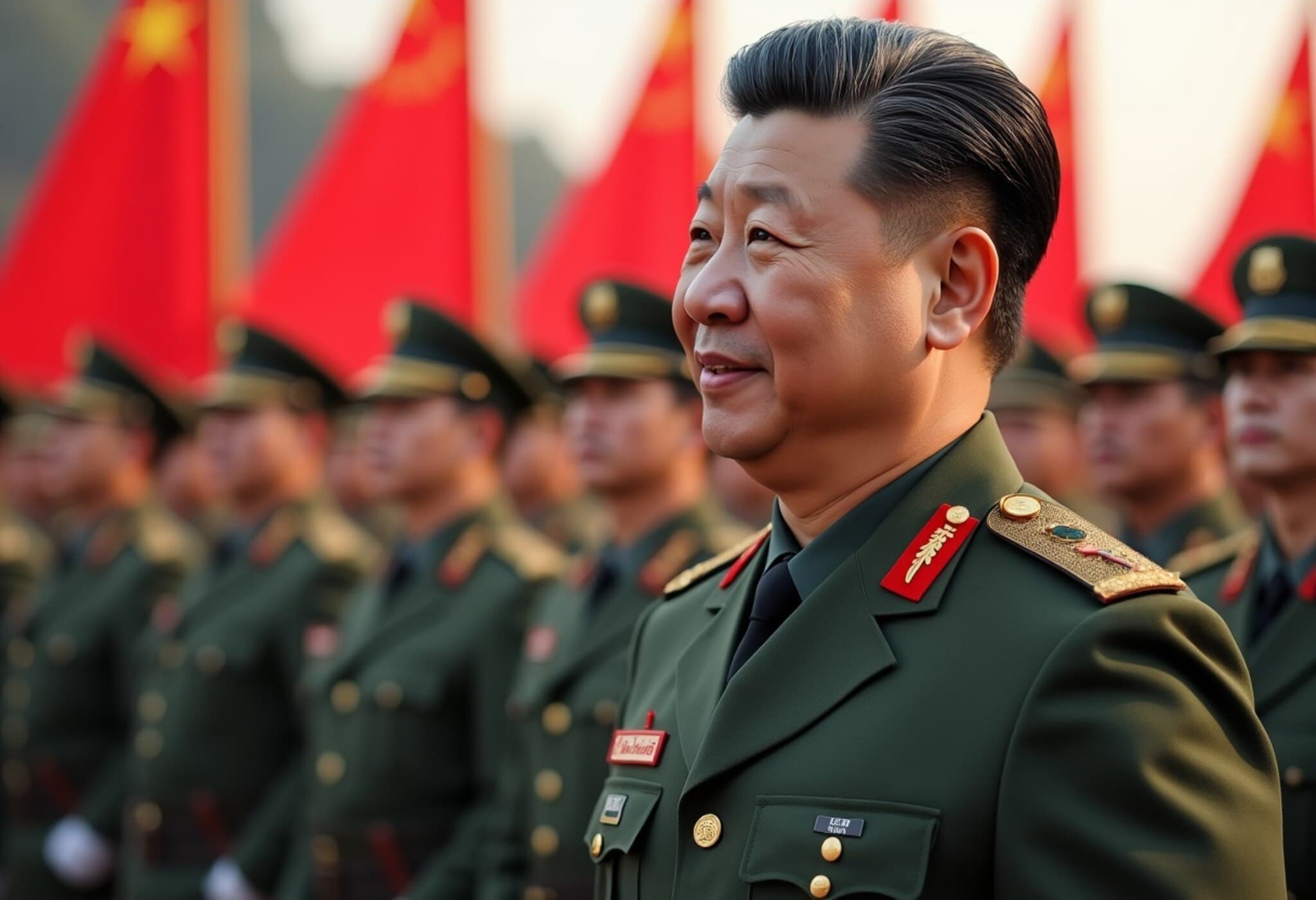Australia’s Top Intelligence Official Warns of Foreign Spying Threats Against AUKUS
On August 1, 2025, the director-general of the Australian Security Intelligence Organisation (ASIO) publicly highlighted growing concerns over foreign espionage efforts targeting Australia’s ambitious AUKUS submarine initiative. The project, a cornerstone of trilateral defense collaboration between Australia, the United Kingdom, and the United States, has emerged as a crucial strategic asset in the Indo-Pacific region’s evolving security landscape.
What is AUKUS and Why It Matters
The AUKUS pact, announced in 2021, represents a transformative military and technological partnership aimed at countering rising regional tensions, particularly the expanding influence of China. Central to this alliance is Australia’s plan to develop and deploy nuclear-powered submarines, marking a significant leap forward in its naval capabilities.
However, the technological complexities and sensitive nature of nuclear submarine development have inevitably attracted the attention of foreign intelligence services eager to obtain classified information or disrupt progress.
ASIO’s Alarm: Unpacking the Espionage Threat
ASIO’s chief expressed that multiple foreign actors have intensified their efforts to infiltrate Australian defense networks linked to the AUKUS program. While specific countries are not officially named, experts point to potential state-sponsored espionage campaigns typical of strategic competitors seeking to undermine or glean advantages from the alliance’s capabilities.
These intelligence operations can take various forms, including cyber intrusions, social engineering, and attempts to recruit insiders involved in the submarine project.
The Broader Geopolitical Implications
Australia’s heightened vigilance comes amidst a broader pattern of espionage targeting critical defense infrastructures globally, reflecting the rising stakes of tech and military dominance in international relations.
For policymakers in Washington, London, and Canberra, safeguarding AUKUS is not only about protecting military secrets but also about maintaining the strategic balance and trust among allies in a contested region.
Expert Commentary: Navigating the Security Tightrope
Dr. Emily Chen, a security analyst specializing in Indo-Pacific affairs, notes, "The AUKUS alliance signals a new era of strategic competition. Protecting this project from espionage is paramount because any breach could compromise not only military advantage but also diplomatic confidence between partners." She adds, "Australia must invest heavily in counterintelligence and cybersecurity measures tailored specifically to counter highly sophisticated adversaries."
Unseen Risks: Underreported Challenges
- Insider threats: The risk posed by individuals within the defense ecosystem who may be pressured or coerced into leaking information.
- Supply chain vulnerabilities: Ensuring that technological components sourced internationally are not tampered with or embedded with spyware.
- Cybersecurity gaps: Addressing potential weaknesses in defense networks given the constantly evolving nature of cyber threats.
Looking Ahead: Strengthening Australia’s Defense Posture
Australia’s response to this intelligence warning involves bolstering coordination between ASIO, the Australian Defence Force, and allied intelligence agencies. This includes enhanced monitoring, rigorous vetting, and fostering greater cybersecurity resilience.
Moreover, public awareness and transparency around such threats are crucial to rally national support for the significant investments and policy decisions needed to secure Australia's strategic interests.
Editor’s Note
This alert from ASIO underscores the complex and often invisible battles waged beyond conventional warfare – where information and technology have become prized battlefields. As Australia advances its submarine capabilities through AUKUS, the nation faces not only technical challenges but also the critical task of defending its sovereignty against sophisticated foreign interference. Readers are encouraged to consider how balancing openness and security shapes the future of alliances in an era defined by strategic uncertainty.


















